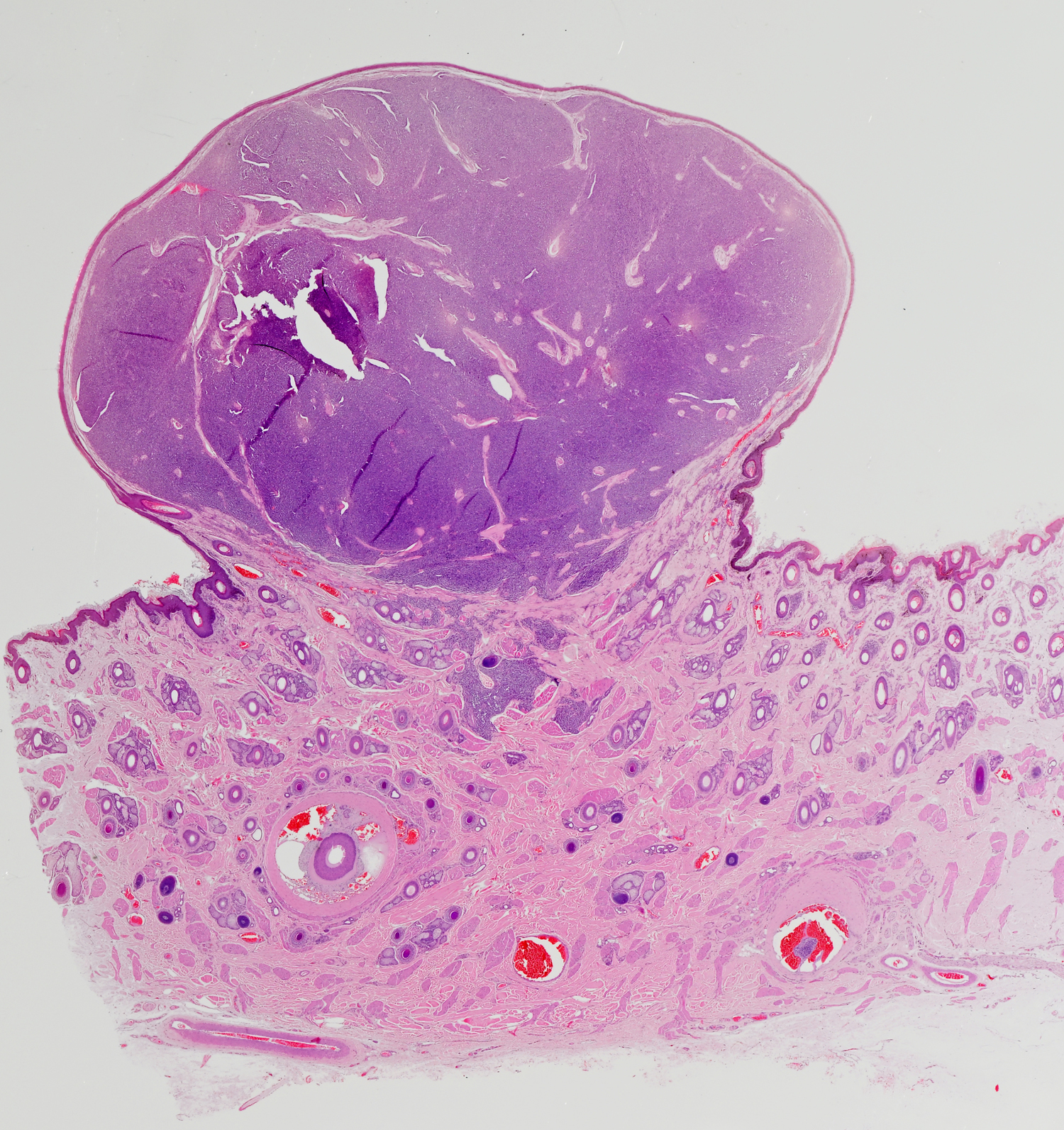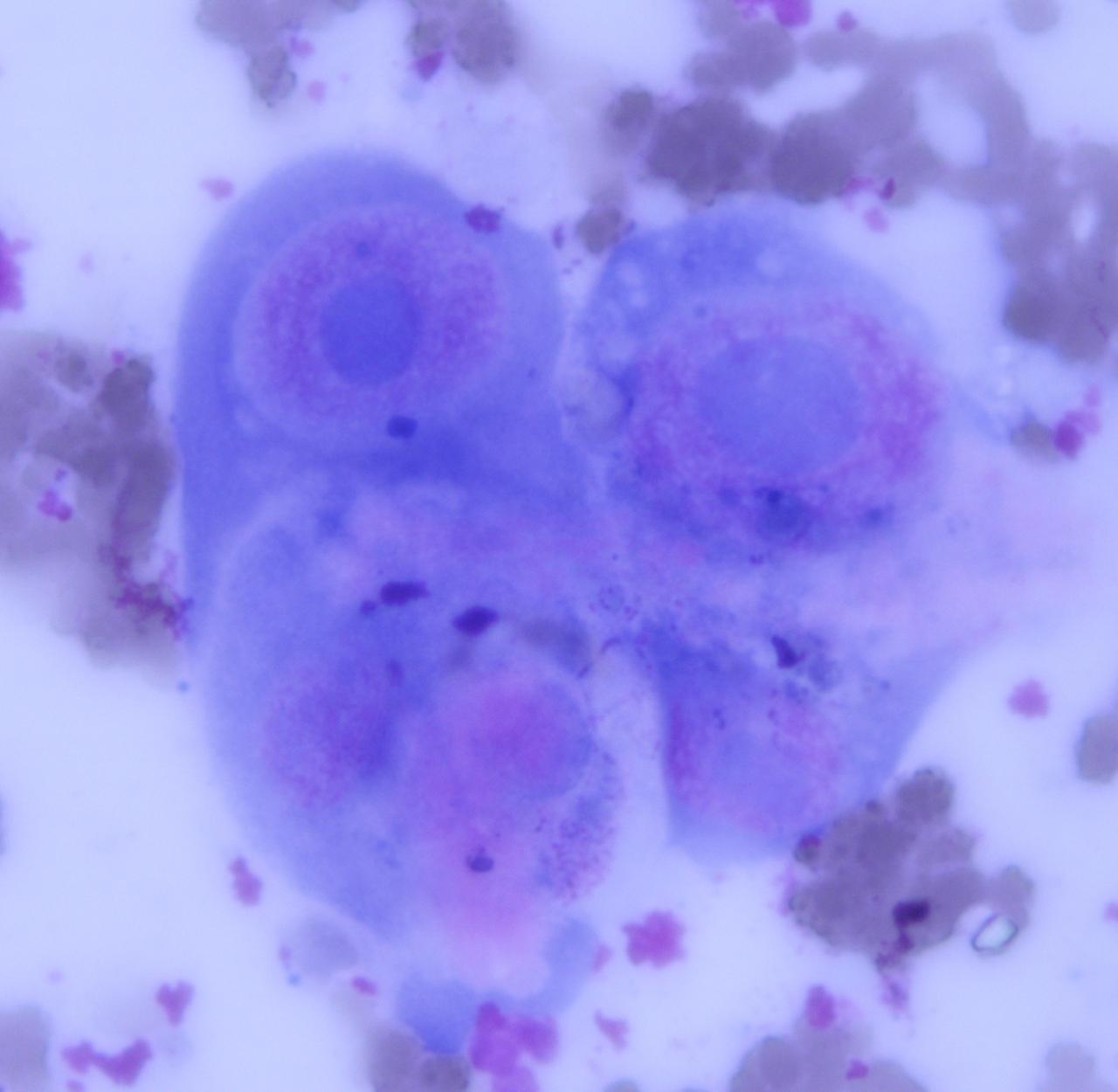

Formación Profesional
Más de 30 años dedicados al mundo de la patología veterinaria
Con más de 30 años de experiencia. Esta es la formación profesional del Director y fundador de Histopatovet, Dr. Alexis Berrocal.
Estudios universitarios
• 1974-1979: Universidad Nacional, Heredia, Costa Rica – Grado Obtenido, Medico Veterinario(DMV).
• 1985-1986: Universidad de Utrecht, Paises Bajos – Internado en Patología Veterinaria.
• 1987-1991: Universidad de Utrecht, Paises Bajos – Residencia en Patología Veterinaria.
Experiencia profesional
• 1991-2008: Escuela de Medicina Veterinaria, Universidad Nacional, Heredia, Costa Rica – Catedrático en el Departamento de Patología.
• 2008 – Presente: Pensionado.
• 2005 – Presente : Fundador y Director del Servicio Privado de Diagnóstico en Patología Animal (HISTOPATOVET). Heredia, Costa Rica.
Miembro de asociaciones y colegios internacionales
• Netherland College Veterinary Pathology (BOARD).
• European Society of Veterinay Pathology.
• American Academy of Veterinary Dermatology.
• American Association of Veterinary Laboratory Diagnosticians, Inc.
• International Society for Veterinary Dermatopatholy.
• International Society for Companion Animal Infectious Diseases.
• Grupo Latino de Patología Comparada( Davis Foundation).
• American Association of Zoo Veterinarians
Conferencias y posters presentados en diferentes congresos internacionales
Algunas de ellas son:
• Berrocal. A. Eighteen dogs with nasal eosinophilic folliculitis and furunculosis (clinical and pathological findings). 10th World Congress of Veterinary Dermatology. July25-29. 2024. Boston, USA.
• Berrocal. A. Eighteen dogs with nasal eosinophilic folliculitis and furunculosis (clinical and pathological findings). 10th World Congress of Veterinary Dermatology. July25-29. 2024. Boston, USA.
• Berrocal, A. Perianal Melanocytic Tumors in thirteen dogs. 47th World Small Animal Veterinary Association Congress & XVIII FIAVAC Congress. Lima, Peru , October 29-31, 2022.
• Berrocal, A. Intra-abdominal gossypiboma (textiloma) in two dogs and a cat. 47th World Small Animal Veterinary Association Congress & XVIII FIAVAC Congress. Lima, Peru , October 29-31, 2022.
• Berrocal, A. Five toucans found dead with gastrointestinal parasitism. Presented at American College Veterinary Pathology Meeting. November 9-13, 2019 San Antonio, Texas.
• Berrocal, A. Nine dogs with proliferative thrombovascular necrosis of the pinnae. Presented at the eighth World Congress of Veterinary Dermatology. Bordeaux, France, May 31-June 4, 2016.
• Berrocal, A. Taller de Dermatopatología Veterinaria Básica. 4th Congreso Latinoamericano de Dermatología. Mérida, Méjico, 2018.
• Berrocal, A. Taller de Citología Veterinaria Básica Diagnóstica. 4th Congreso Latinoamericano de Dermatología. Mérida, Méjico, 2018.
• Berrocal, A. Mycotic gastritis probably due to Candida sp in a two-toed sloth (Choloepus hoffmanni). Presented at: In the 24 th Annual Zoo and Wildlife Pathology with focus on fungal diseases, during the 49 th Annual Conference of the American Association of Zoo Veterinarians. Dallas Frisco, USA. September 23-29, 2017.
• Berrocal. A. Canine perianal tumors not originating from the perianal or anal sac glands. Free Communication. Presented at the eighth World Congress of Veterinary Dermatology. Bordeaux, France, May 31-June 4, 2016.
• Berrocal, A. Nine dogs with proliferative thrombovascular necrosis of the pinnae. Presented at the eighth World Congress of Veterinary Dermatology. Bordeaux, France, May 31-June 4, 2016.
• Berrocal, A. Perianal Melanocytic Tumors in thirteen dogs. 47th World Small Animal Veterinary Association Congress & XVIII FIAVAC Congress. Lima, Peru , October 29-31, 2022.
• Berrocal, A. Intra-abdominal gossypiboma (textiloma) in two dogs and a cat. 47th World Small Animal Veterinary Association Congress & XVIII FIAVAC Congress. Lima, Peru , October 29-31, 2022.
• Berrocal, A. Five toucans found dead with gastrointestinal parasitism. Presented at American College Veterinary Pathology Meeting. November 9-13, 2019 San Antonio, Texas.
• Berrocal, A. Nine dogs with proliferative thrombovascular necrosis of the pinnae. Presented at the eighth World Congress of Veterinary Dermatology. Bordeaux, France, May 31-June 4, 2016.
• Berrocal, A. Taller de Dermatopatología Veterinaria Básica. 4th Congreso Latinoamericano de Dermatología. Mérida, Méjico, 2018.
• Berrocal, A. Taller de Citología Veterinaria Básica Diagnóstica. 4th Congreso Latinoamericano de Dermatología. Mérida, Méjico, 2018.
• Berrocal, A. Mycotic gastritis probably due to Candida sp in a two-toed sloth (Choloepus hoffmanni). Presented at: In the 24 th Annual Zoo and Wildlife Pathology with focus on fungal diseases, during the 49 th Annual Conference of the American Association of Zoo Veterinarians. Dallas Frisco, USA. September 23-29, 2017.
• Berrocal. A. Canine perianal tumors not originating from the perianal or anal sac glands. Free Communication. Presented at the eighth World Congress of Veterinary Dermatology. Bordeaux, France, May 31-June 4, 2016.
• Berrocal, A. Nine dogs with proliferative thrombovascular necrosis of the pinnae. Presented at the eighth World Congress of Veterinary Dermatology. Bordeaux, France, May 31-June 4, 2016.
Publicaciones en revistas (journals) Internacionales.
Los cinco más recientemente publicados son:
–Systemic Acanthamoeba T17 infection in a free-ranging two-toed sloth: case report and literature review of infections by free-living amebas in mammals. Daniel Felipe Barrantes Murillo, Alexis Berrocal, Ibne Karim M. Ali, Francisco A. Uzal. Journal of Veterinary Diagnostic Investigation 2025, Vol. 37(1) 164–172.
–Oral Fibrolipoma in Dogs: Retrospective case series study and comparative review. Daniel Felipe Barrantes Murillo, Alexis Berrocal, Cynthia Bell, Daniel R. Rissi, Linden E. Craig, Erin A. Graham, Emily J. Brinker, and Tatiane Terumi Negrão Watanabe. Veterinary Pathology; Volume 62 Issue 1, January 2025.
-Lingual neoplasia in nonhuman primates: Description of five cases and a literature review. Alexis Berrocal, Krystal Vail, Olga Gonzalez, Vinay Shivanna, Edward Dick Jr, Tatiane Terumi Negrão Watanabe, Daniel Felipe Barrantes Murillo. J Med Primatol. 2024;53: e12725.
-Equine infection with Leishmania spp. in Costa Rica:
Study of five cases. María Victoria Ortega-García, Francisco Javier Salguero,Nerea García, Mercedes Domínguez, Inmaculada Moreno, Alexis Berrocal. Vet Med Sci. 2021;1–6.
-Fatal Halicephalobus gingivalis infection in horses from Central America. Alexis Berrocal, Jaqueline Bianque de Oliveira. Vet Parasitol Reg. Study Reports. 2017 May: 8:51-53.
Artículos utilizados como referencias en capítulos de libros especializados
• Fatal Halicephalobus gingivalis infection in horses from Central America.Veterinary Parasitology: Regional Studies and Reports 8 (2017) 51–53.
• Chacon. J, Berrocal, A..CLINICAL AND PATHOLOGICAL FINDINGS OF A SAC-LIKEFORMATION IN THE TUNICA VAGINALIS OF A NELORE (Bosindicus) BULL. Reproduction in Domestic Animals. 45. 368-372, 2010.
• Beverly A. Kidney, Berrocal A. Dermal sarcoids in two captive tapirs (Tapirus Bairdii): Clinical, Pathological and Molecular study. Journal Veterinary Dermatology, Vol. 19, Issue 6, Dec, 2008).
• Berrocal, A. Nasal rihinosporidiosis in a mule. Can Vet J 2007; 48: 305-306.
Enlaces importantes

Precios de nuestros
servicios

Formación profesional

Duración de los informes

Cómo remitir biopsias

Archivos de casos del mes

Envíanos un mensaje



